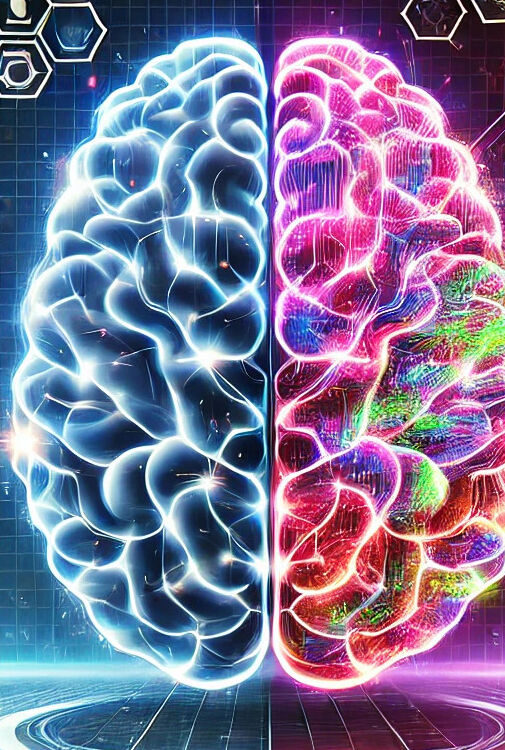The Volatility and Imperfection of Human Memory

|
Mon, 26 May 2025 20:25:49 CEST

|
|

Human memory is a complex and often deceptive system that leaves us wondering about its inconsistencies. Memory gaps and even complete "blackouts" are experiences that raise questions about the reliability of our recollections. There are several scientific explanations for memory's volatility that effectively debunk ideas about causes like cosmic radiation.
The Constructive Nature of Memory
Memory isn't like a video recorder that accurately captures the past; rather, it's a constantly constructing and evolving process. When we recall something, we aren't retrieving a ready-made file, but rather reassembling fragments of information. This process is prone to errors and influences. Memories can change over time, and new information or experiences can distort or even create false memories. This phenomenon is known as false memories.
Why We Remember and Forget
Many factors influence how memory works, explaining its volatility:
Encoding Errors: Information needs to be encoded, or stored in the brain, effectively for it to be retrieved later. If we don't pay enough attention or are distracted during an event, the memory trace can be weak, making it difficult to recall.
Interference and Forgetting: Memories aren't static. They can weaken over time without active retrieval (disuse) or be interfered with by new or old information (retroactive and proactive interference).
Context-Dependence: It's often easier to retrieve memories when we're in the same environment or emotional state as when the memory was formed. A lack of context can make it harder to dig up memories.
Emotional State: Strong emotions can affect memory in two ways. Extreme stress or trauma can cause memory loss or fragmented memories, while emotionally significant events can form very vivid memories, which can still become distorted over time.
Blackouts: These are often the result of excessive alcohol or other substance use, which disrupt the normal functioning of the hippocampus, an area of the brain involved in memory formation. In such cases, the brain is unable to effectively store new memories.
Does Cosmic Radiation Have an Impact?
While cosmic radiation and Earth's background radiation are real phenomena, there's no scientific evidence to support a connection between them and the volatility of human memory or blackouts. Memory dysfunctions have robust biological and psychological explanations based on extensive research into brain structure and function.
Summary
The imperfection and volatility of human memory are natural consequences of its complex and dynamic nature. It isn't a flawless recording device, but a process susceptible to various internal and external influences. Instead of seeking explanations in space, scientific research has offered comprehensive explanations for the fascinating and sometimes frustrating workings of memory.
Sources:
Baddeley, A. D., Eysenck, M. W., & Anderson, M. C. (2020). Memory. Psychology Press.
Schacter, D. L. (2001). The Seven Sins of Memory: How the Mind Forgets and Remembers. Houghton Mifflin Harcourt.
Harvard Health Publishing. (n.d.). Forgetting and memory loss: What's normal and what's not?
National Institute on Alcohol Abuse and Alcoholism. (n.d.). Alcohol's Effects on the Brain.
|
:
">Contact Us.


|
Tagit
volatility of human (2),
the brain (4),
human memory (4),
over time (3),
cosmic radiation (3),
when we (2),
what s (2),
volatility of (2),
the volatility (2),
the memory (2),
memory loss (2),
and (21),
the (15),
memory (12),
can (9),
memories (7),
Memory (7),
are (6),
volatility (4),
that (4),
explanations (4),
|






|
 Suosittele
+
Suosittele
+








